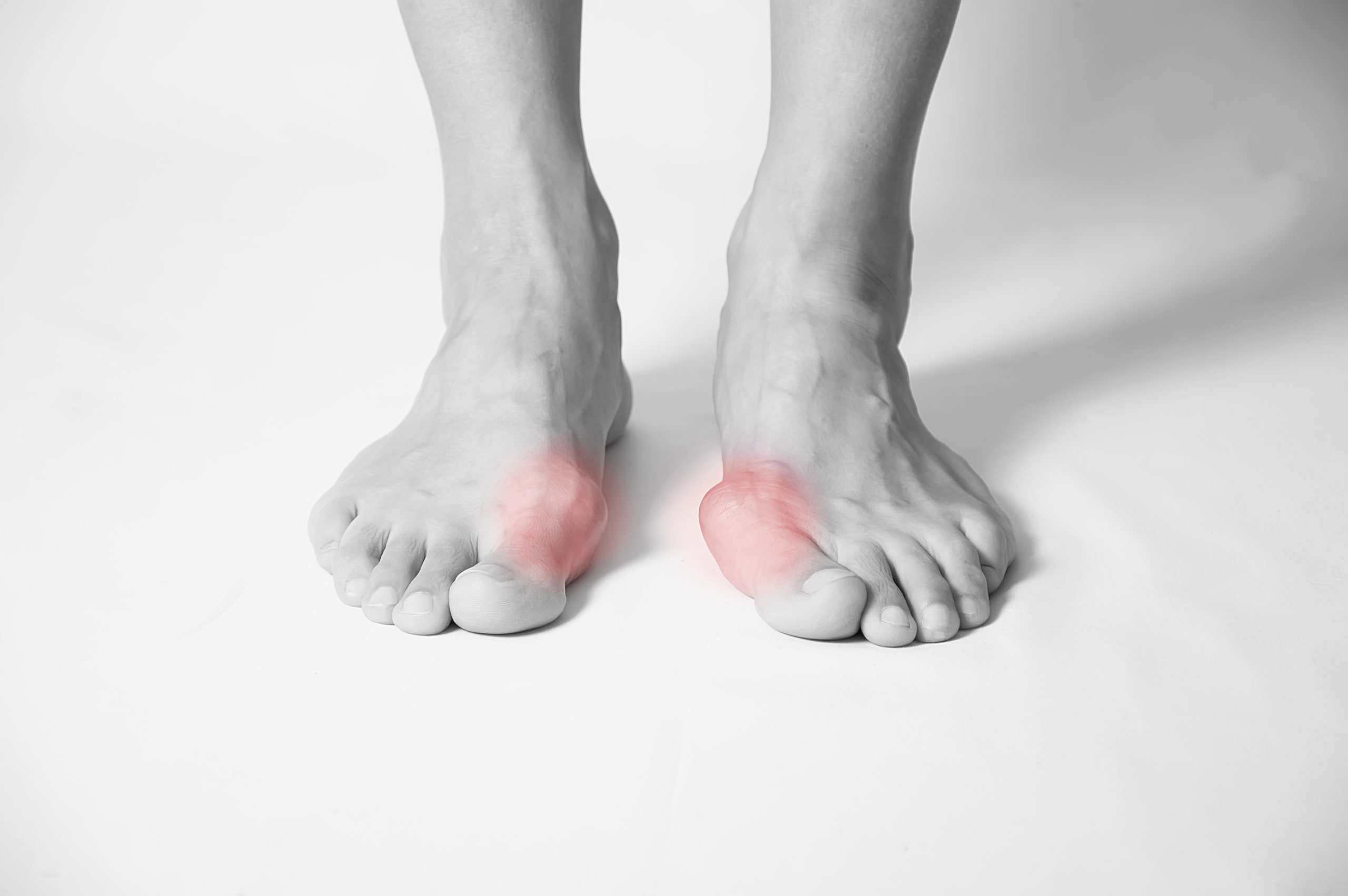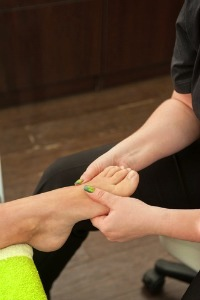Diabetic foot problems
Diabetes is becoming more prevalent among many populations, including seniors, who are often diagnosed with Type II diabetes. This disease causes a host of foot problems such as neuropathy, which leads to numbness and tingling in the feet and other extremities. Diabetes can also cause foot ulcers, sores, and other injuries that are slow to heal.
Over time, diabetic neuropathy can change the shape and coloring of the feet and toes. Seniors may notice their feet are unusually red, or in the case of lost circulation, purplish or bluish. These changes may influence their ability to feel pain, which means blisters and sores might be left to fester.
Finally, diabetes may cause skin changes on the feet. These include dry skin and cracks or flaking, which attract bacteria — especially forms that eat dry or dead skin. Seniors should be careful to clean and dry their feet thoroughly and check for blisters or other wounds often. Insulin control and attention to diet, as well as increased exercise, can decrease both cosmetic problems and neuropathy.
Increased injury risk
Aging may cause the bones in feet to become brittle and muscles to break down, increasing the risk of sprains, broken bones, and other injuries. Seniors and their caregivers must remain vigilant because these types of injuries can prevent seniors from living independently. Additionally, they may lead to infections and other complications.
Senior citizens who notice their walk becoming unsteady should consider investing in mobility devices. These can be anything from a cane to a motor scooter, depending on mobility needs. Seniors and caregivers should examine how accessible their homes are and think about adding modifications, such as grab bars in the bathroom, as necessary.
Foot pain and wounds
Many seniors find it difficult to stand, walk, or engage in ambulatory activities. Even short spurts of activity can cause foot pain, especially around the arches. Seniors are also more at risk for bunions, corns, and other common foot injuries that require a podiatrist’s attention. To prevent such issues, seniors should wear comfortable shoes with plenty of arch support. Shoe inserts made from materials like gel or moleskin can provide extra comfort.
Do you have foot issues? The podiatrists at Kansas City Foot Specialists can determine the source of your problem and recommend treatments that can get you back on your feet. Call us at (913) 338-4440 or contact us online to learn more about how to improve your foot health.


